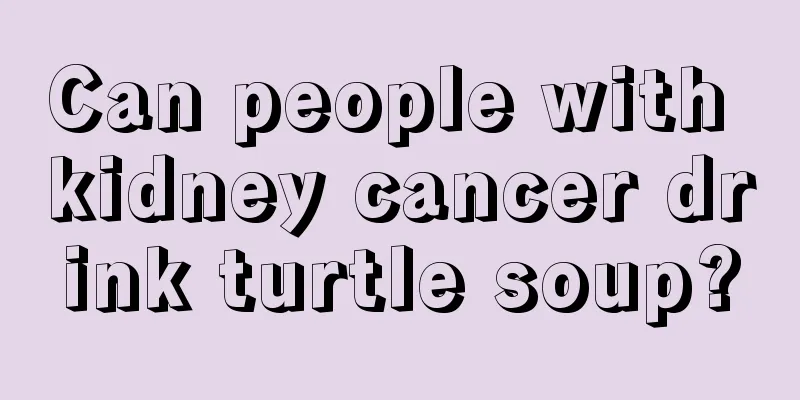How to treat psoriasis

|
Psoriasis is a common skin disease. Once you have psoriasis, it is difficult to cure it, and the treatment cycle of psoriasis is very long. Psoriasis patients must have enough patience during treatment. It is best to go to a regular professional hospital for treatment. Never believe in any folk remedies or blindly choose some treatment methods. Not only will it be ineffective, it will also aggravate the condition and miss the best treatment time. How to Treat Psoriasis Usually the disease is treated in three degrees: mild, moderate and severe. In mild case, the skin lesion area is 10%. Mild cases only require topical medication treatment, while moderate and severe cases require combination therapy. 1. Topical medications 1. Tar preparations Commonly used ones are coal tar, pine oil, bran oil, black bean oil, etc. The concentration is generally 5%. The method of use is conventional external application, packaging and combined with other drug treatments. It is most effective for chronic stable psoriasis, scalp psoriasis and palmoplantar psoriasis. It is contraindicated for use during pregnancy, especially in the first 3 months, and should not be used in patients with severe acne and folliculitis. 2. Anthraquinone Also known as anthralin, it is the most effective drug for the treatment of stable psoriasis vulgaris. Anthralin ointment and wax sticks are commonly used, and the methods include conventional application, short-term contact therapy, and combined therapy. 3. Glucocorticoids The most commonly used topical medications for psoriasis vulgaris are medium- or high-potency corticosteroids. Ointments are the best, while lotions are the worst. The usage includes conventional external application, intermittent shock therapy, rotation therapy, packing therapy, and combined therapy. 4. Retinoic acid drugs Indicated for plaque psoriasis vulgaris. It can cause local irritation and photosensitivity. If combined with glucocorticoids or UVB, it can improve the efficacy and reduce adverse reactions. It is forbidden for pregnant women, lactating women and women who wish to have children in the near future. Children should avoid use. Avoid contact with mucous membranes and excessive exposure to sunlight. 5. Vitamin D3 analogs It is very effective in treating stable or plaque psoriasis and is relatively effective in treating psoriatic nail disease. There are two types: calcipotriol and tacalcitol, of which tacalcitol can be used on the face. 6. Immunosuppressants It is the first choice drug for facial psoriasis, and there are two types: tacrolimus and pimecrolimus. (II) Internal medication 1. Anti-tumor drugs Methotrexate is the standard drug for systemic treatment of psoriasis, but the therapeutic dose is very close to the toxic dose, so the initial dose should be small. It can be taken orally, intramuscularly, subcutaneously, or intravenously. 2. Retinoic acid drugs The therapeutic effect is satisfactory when taken alone or in combination with other therapies. There are acetyl retinoic acid ester, acetyl retinoic acid ester, etc. The main side effect is teratogenicity. Women of childbearing age should take contraceptive measures within 2 years after stopping the medication. 3. Immunotherapy (1) Cyclosporine A is used for generalized plaque psoriasis that is resistant to conventional treatment. Adverse reactions include nephrotoxicity, hypertension, nausea, vomiting, fatigue, muscle tremors and urinary tract irritation symptoms. (2) Tacrolimus is effective in treating severe and refractory plaque psoriasis. Adverse reactions are similar to those of cyclosporine A, but the nephrotoxicity, hypertension, and bone marrow suppression are not as severe. (3) Mycophenolate mofetil has a good effect in treating severe psoriasis. Adverse reactions include gastrointestinal symptoms, anemia, leukopenia, and increased risk of infection and tumor induction, so attention should be paid to detection. 4. Biological agents (1) Cytokine blockers: etanercept, infliximab, and adalimumab. (2) Inhibit the synergistic stimulation of T cells and presenting cells, such as afacept and efalizumab. 5. Antibiotics Acute guttate psoriasis is often accompanied by acute tonsillitis or upper respiratory tract infection. Penicillin, cephalosporins, chloramphenicol, erythromycin, metronidazole, thiamphenicol, etc. can be used. |
<<: How to treat dental fluorosis?
Recommend
Beware of these 6 ingredients when buying toothpaste
Some toothpaste ingredients may be harmful to you...
Normal people have electric sound in their ears
In a particularly quiet environment, it is normal...
My left cheek hurts when I open my mouth wide
Such people will feel sore cheeks when they open ...
Benefits of eating dried longan
Our bodies become healthier by eating a variety o...
Can I eat lychees if I have pharyngitis?
Lychee is a sweet fruit. Eating too many lychees ...
How to quickly whip cream manually
The improvement of modern living standards has en...
What are the early symptoms of bladder cancer?
Bladder cancer, what a familiar name, many people...
Can acne be disinfected with alcohol?
Today's society is a beauty-loving society. P...
What is the difference between a mole and melanoma?
Almost everyone has one or two moles on their bod...
What should we pay attention to if we have kidney cysts?
Renal cyst is a congenital disease with genetic e...
How long is the shelf life of Hong Holi
Most people I have met prefer to drink white wine...
Can the pacifier be scalded with boiling water?
Pacifiers are a tool that many babies will use. T...
What to do with iodized oil deposition after liver cancer intervention? You can use these methods to deal with it
There will be many different symptoms after liver...
How do patients with lymphoma receive surgery and radiotherapy
Patients with lymphoma under the age of 50 can ac...
How long does it usually take to treat facial paralysis and how can it be cured quickly?
Facial paralysis is a common disease in daily lif...









